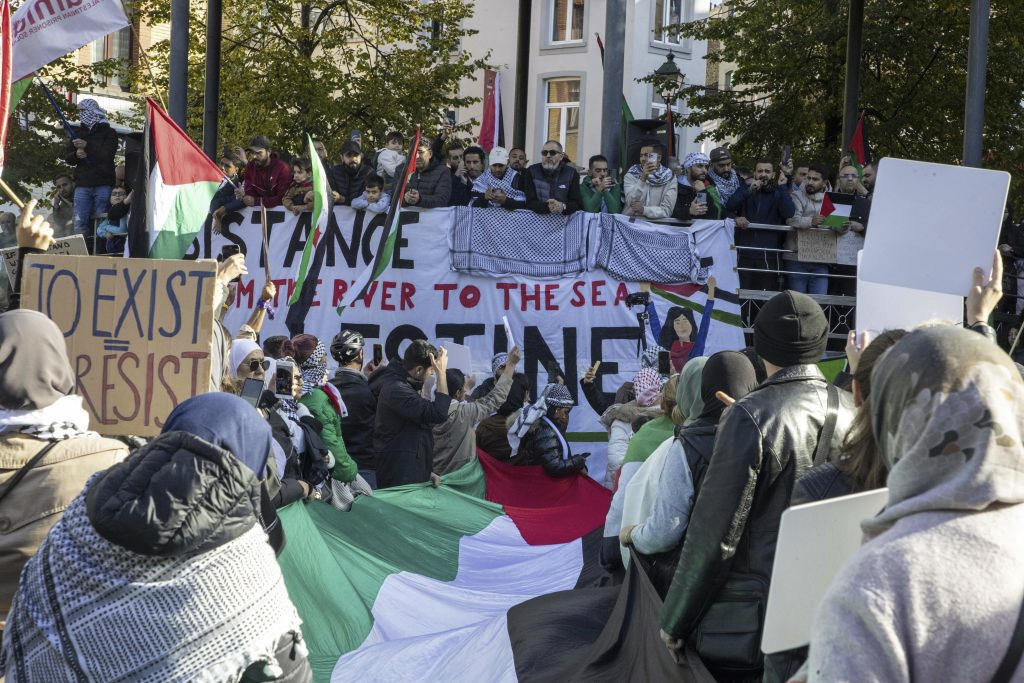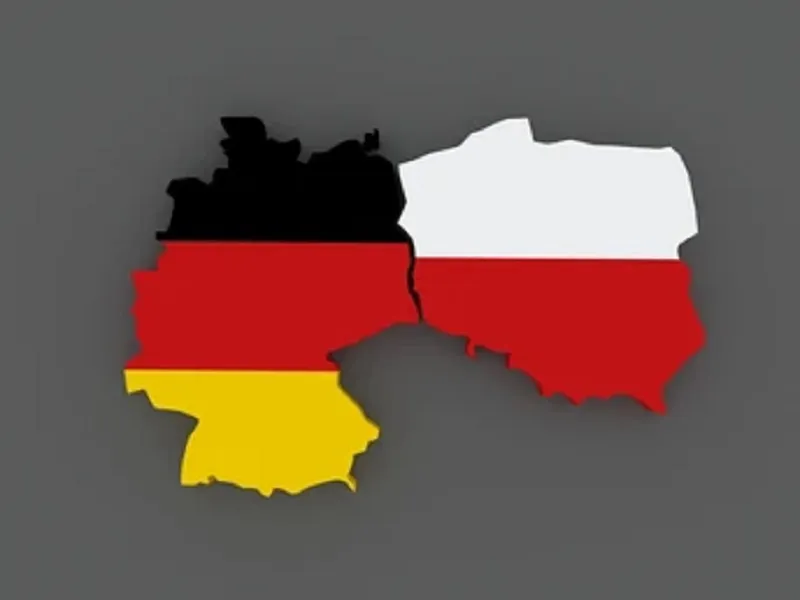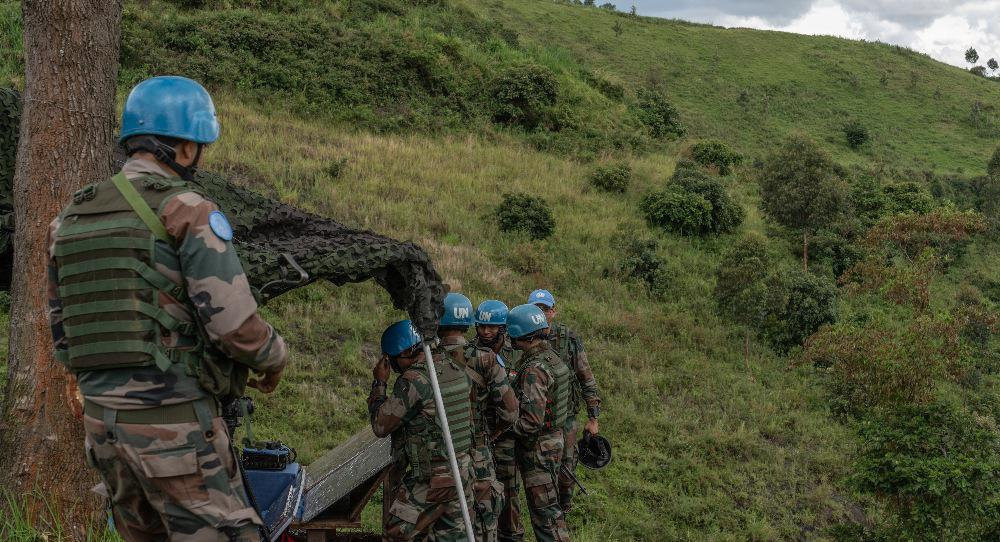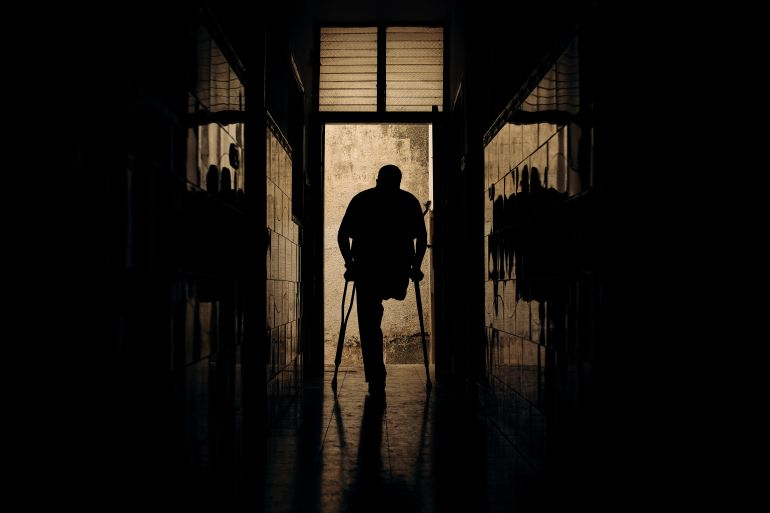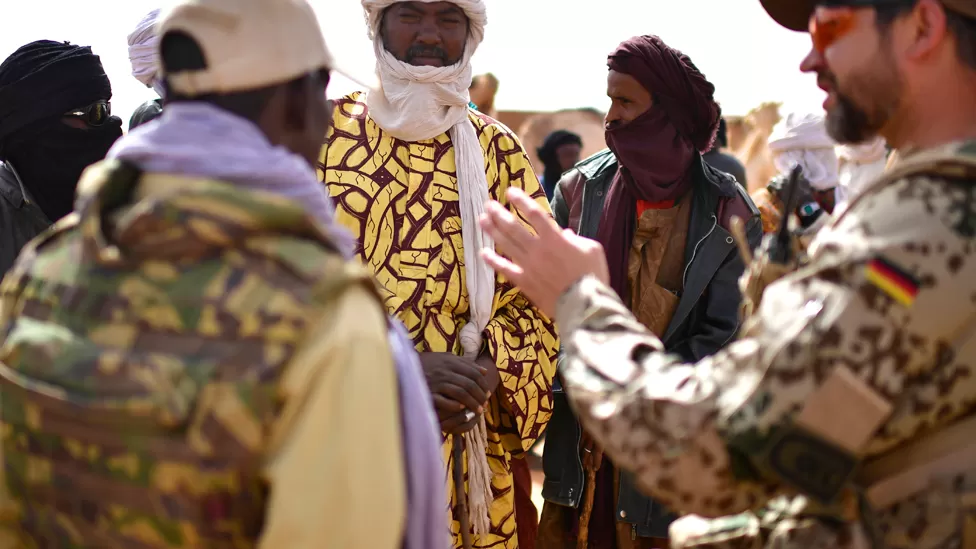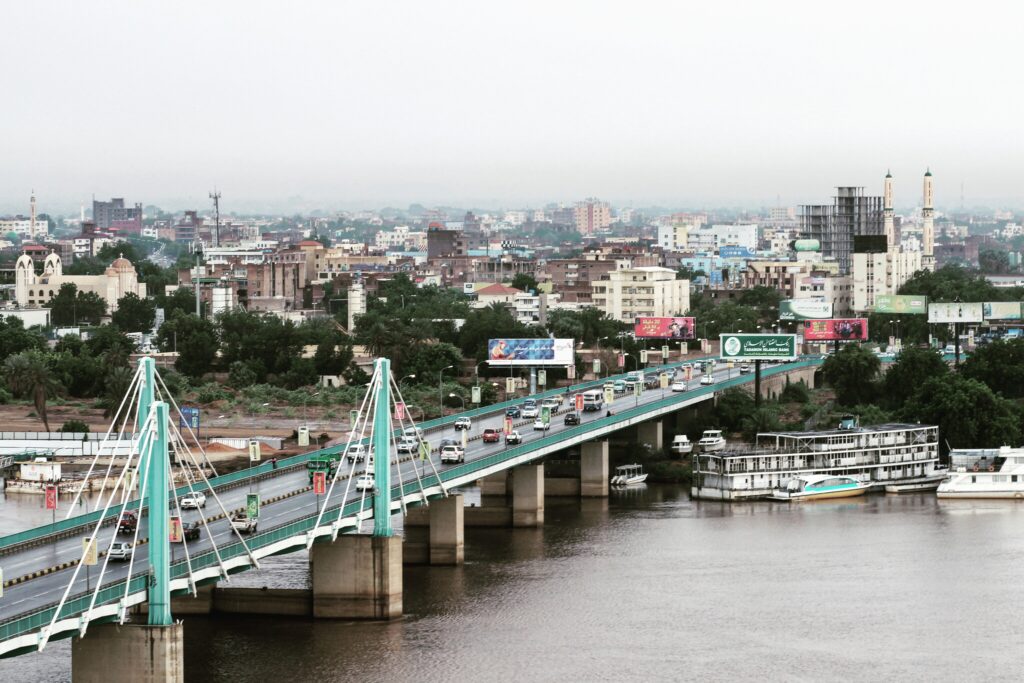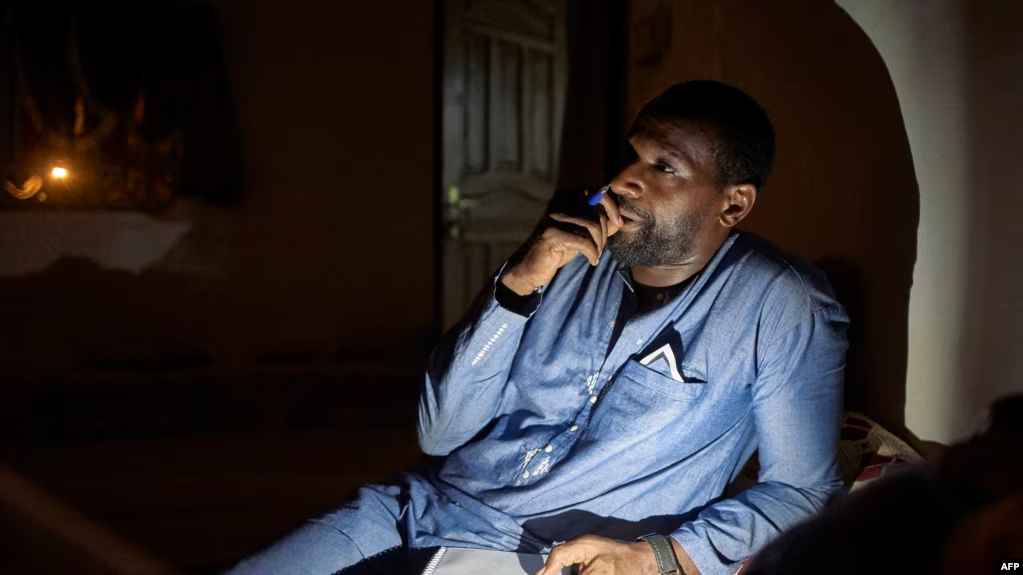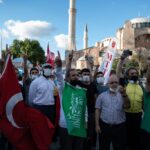
To many on the so-called “Left”, it sometimes appears as if there is no insurmountable conflict between Islam and the West, or between any differing cultures, just old bits of conflict inherited from an obscure past, which will eventually be overcome by greater material equality.
This thesis, which is in fact Marxist — wherein any conflict is always caused by unequal material situations — also is based more on wishful thinking than on historical evidence. Muslims do not massacre Christians, Jews and Hindus because they are richer, but because they are non-Muslims. At least, that is what many mass murderers have been stating for more than ten centuries…
The “clash of civilizations” seems to be about religion, a topic that many in the West thought had been put to bed ages ago.
The “no-go” Islamic zones in Europe, the attacks on 9/11, London’s 7/7 attacks… the murder of Theo Van Gogh, the massacre at the Bataclan, the constant censorship (blasphemy laws), and more: a brief look at recent history of the immigrants bears witness to what seems a pervasive inability, or lack of desire, to adapt to the values of their new host countries.
That, sadly, may be one of the reasons multiculturalism in the West has been such a failure — a failure of the West. When westerners stopped having children, they started importing people en masse, indiscriminately, as if people were all the same. People are not all the same. Many Muslims, or at least a significant proportion of them, seem to have no intention of integrating, or of discarding the values they brought with them, which they appear to prefer to Western values.
Samuel Huntington’s insight into the clash of civilizations is brilliant and true, but a few details in his thesis might benefit from a bit of updating. Moreover, some of his critics, especially on the “Left”, might wish to rethink a few of their “conclusions”.
According to Huntington, since 1989 the clash between civilizations has been essentially cultural, rather than economic or political. The collapse of the Berlin Wall in 1989 marked the transition from a world dominated by ideological oppositions — between communism and capitalism, imperialism and its counter-movement — to an era of cultural divergence, with the international political scene simultaneously verging on the multipolar and multicultural.
Huntington, in support of his conjecture, explained that the decadence of ideologies has coincided with a revival of aspirations to identity, both in the Muslim world, which has witnessed a revitalization of radical Islam, in Asia, and in Eastern Europe, such as Poland, where revolutions took place in tune with their national and cultural heritage.
Huntington’s thesis of a “clash of civilizations” has been shown to be true. The opposition between Islam and the West is an obvious example; the uninterrupted massacre of Christians by Muslims is another, and the re-awakening of China and Chinese cultural pride is a third. From this point of view, Huntington is right: we live in a world structured by tensions between profoundly divergent cultures.
Huntington, however, may have overlooked that the core of the global economic and cultural world is Western. The globalization of trade has not taken place by using categories and means that are equally derived from different civilizations, as if each culture had contributed its share. Even though China and Egypt were trading before there was a ‘West’, modern globalization is based solely on the categories, modes and means of Western civilization, down to the smallest detail. To take just one example, the new generation of Russian or Chinese international action films is a simple iteration of the Hollywood concept, with an absence of local specificity that can be embarrassing and does not do justice to the three thousand years of the rich and specific Chinese culture. Other Chinese films, however such as those by Zhang Yimou and others, are glories of which China should be immensely proud.
It is not true, therefore, that the world is divided up between different civilizations, as we would speak of equal, or even unequal, partners, like parts of a cake, one with pineapple, the other with strawberry. The common language of this world, which is indeed fragmented for the most part, still seems strictly Western. Perhaps that is one of the reasons Communist China’s President Xi Jinping would openly like to upend it.
This circumstance does not alter the truth of Huntington’s findings, which lie in what the ancient Greeks called the antagonistic, or oppositional, character of the world. The ancient Greek world was defined as much by the conflict between cities as by the commonality of its culture.
To many on the so-called “Left”, it sometimes appears as if there is no insurmountable conflict between Islam and the West, or between any differing cultures, just old bits of conflict inherited from an obscure past, which will eventually be overcome by greater material equality.
This thesis, which is in fact Marxist — wherein any conflict is always caused by unequal material situations — also is based more on wishful thinking than on historical evidence. Muslims do not massacre Christians, Jews and Hindus because they are richer, but because they are non-Muslims. At least, that is what many mass murderers have been stating for more than ten centuries, starting with the Quran:
"But once the Sacred Months have passed, kill the polytheists ˹who violated their treaties˺ wherever you find them, capture them, besiege them, and lie in wait for them on every way. But if they repent, perform prayers, and pay alms-tax, then set them free. Indeed, Allah is All-Forgiving, Most Merciful." – Surat At-Tawbah, 9:5
In his book Histoire de l’Inde, Alain Danielou writes:
"From the time Muslims started arriving [in India], around 632 AD, the history of India becomes a long, monotonous series of murders, massacres, spoliations, and destructions. It is, as usual, in the name of 'a holy war' of their faith, of their sole God, that the barbarians have destroyed civilizations, wiped out entire races."
Perhaps we should finally listen to them? Give them credit for honesty? Read the fiqh, the legal schools of Islam, where all agree on celebrating the future hegemony of Islam. It is hard to argue that Qatar and Saudi Arabia, which are extremely rich, are motivated by envy. The economic, Marxist thesis, which has been discredited by history, is now only being bandied about by the Left. The “clash of civilizations” seems to be about religion, a topic that many in the West thought had been put to bed ages ago.
To return to Huntington’s thesis, the values of Islam and those of the West, unfortunately, do appear irreconcilable. Even if the Arab, Turkish and Persian Muslim worlds have been welcomed into the Western culture, many of those immigrants to the West retain their own Islamic identity, which they apparently do not intend to dim or negotiate, as can be seen from Europe’s many “no-go zones”.
This movement to “return to true Islam” seems, sometimes, an illusion. Without oil and gas, in today’s world Islam is, sadly, often a religion of poverty, misery and defeats. There may be a wish to “return” to the old Islam, but what we are witnessing is the galvanization of an idealized vision of the old Islam, the Islam of the first conquest, the Islam of the Taj Mahal, the Alhambra and the Ottoman Empire.
Even this reinvention of radical Islam, however, seems radically incompatible with the West. The “no-go” Islamic zones in Europe (here, here and here), the attacks on 9/11, London’s 7/7 attacks , Berlin’s Christmas Market terror attack, the violence triggered by the Muhammad cartoons, the slaughter at Charlie Hebdo, the murder of Theo Van Gogh, the massacre at the Bataclan, the constant censorship (blasphemy laws), and more: a brief look at recent history of the immigrants bears witness to what seems a pervasive inability, or lack of desire, to adapt to the values of their new host countries.
That, sadly, may be one of the reasons multiculturalism in the West has been such a failure — a failure of the West. When westerners stopped having children, they started importing people en masse, indiscriminately, as if people were all the same. People are not all the same. Many Muslims, or at least a significant proportion of them, seem to have no intention of integrating, or of discarding the values they brought with them, which they appear to prefer to Western values.
There are 45 million Muslims in Europe. Some have chosen and will choose the West. Others — possibly the vast majority – will, in the event of conflict, remain faithful to Islam at the moment of truth.


